Why Won’t My Dog Come When Called & How To Fix It?
12.04.2022.
When you're the crazy neighbor with the dog who refuses to come when called, it is time to do something about it. You can tell your dog hears you calling them as they run away and roam the neighborhood, but they're simply not paying any attention to your commands.
When it comes to teaching your dog to respond to your commands, recalling is, perhaps, one of the most essential but also the most challenging ones to teach. It takes time, effort, dedication, and consistency to get it right. Here are some of the reasons why your dog won't come when called.
RELATED: Best Dog Training Books for New Dog Owners
You have an angry tone in your voice
Think about it - would you be eager to respond if someone called you and yelled, "Get over here now!" Using an angry tone of voice won't get your dog to rush to you. If you've caught yourself yelling after your dog, it's probably because the dog takes their time before finally deciding to come back to you. You may want to scream when your dog ignores or runs away from you, but if you do so, you can almost certainly count on your dog avoiding you in the future. Although you may be frustrated, speaking in an upbeat, cheery voice is better to get a quick response.
Dog name misuse
Many pet owners say their dog's name constantly, to such an extent that it has become irrelevant, meaning it has faded into the background of your dog's mind.
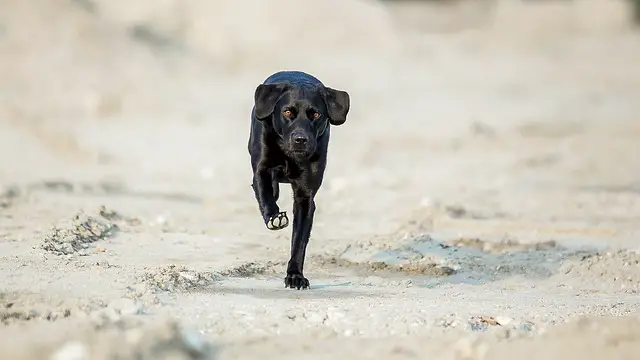
Your recall cue should be simple to say and free of any negative connotations. "Let's Go!" or "Come Here!" are good starters. The dog will quickly begin responding almost automatically to your recall word after some practice.
RELATED: Puppy Alone Time - Here's How Long You Can Leave a Puppy Alone
You're not interesting
Choosing to pay attention to you rather than all of the other things going on around them is impressive. Simply telling your dog the recall command and then remaining silent as your dog walks toward you doesn't show how pleased you are with their behavior.
Give the dog a pat on the back as they sprint over to meet you! Let them know how impressive it is that they returned when you told them to by clapping your hands and whistling.
No negative connotations
You shouldn't be surprised if your dog ignores your command if they learned that responding means fun is about to be cut short, or they'll be prevented from following a scent they find interesting. There are indeed times when you must recall your dog to perform an unpleasant task. Still, you should always attempt to intersperse this unpleasant task with a fun game or training session.
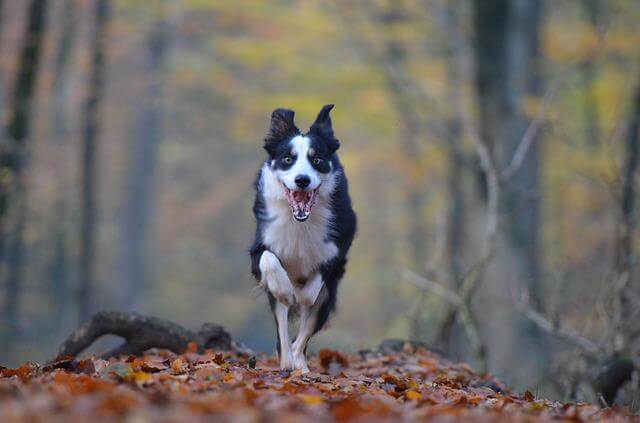
Rewarding was stopped too soon
It's worth emphasizing once more how impressive it is when your dog responds to your command and comes back to you, especially in noisy settings. Getting a treat is what most dogs look forward to. Pet owners think they can avoid treats once they've completed basic training, but this isn't the case for challenging behaviors like recalling your dog. Keeping your dog engaged and reinforcing the recall command should mean you reward your dog with treats from time to time. You don't have to do it all the time, but this is excellent advice if you want to periodically reinforce the learned behavior.
RELATED: 5 Tips to Stop a Dog From Pulling on a Leash
No training with distractions
Your dog might be a natural at recalling when training in your yard, but have you given them the opportunity to practice this skill in locations with distractions? This means that even if your dog learned a specific behavior in one context, it doesn't necessarily mean they understand it in every context. Dogs need plenty of practice responding to recalls in various environments if they are to become reliable at it.
What to do about it?
The first thing you should know is that you are not alone in this issue. Many dog owners deal with the same problem, making recall training even more critical. Here are a few recall training tips to make your dog obey your command and come when you call them.
Avoid repetitions
The environment may be too distracting if you have to repeat your recall cue. Or perhaps your dog isn't capable of learning the skill at the level you've set for them.
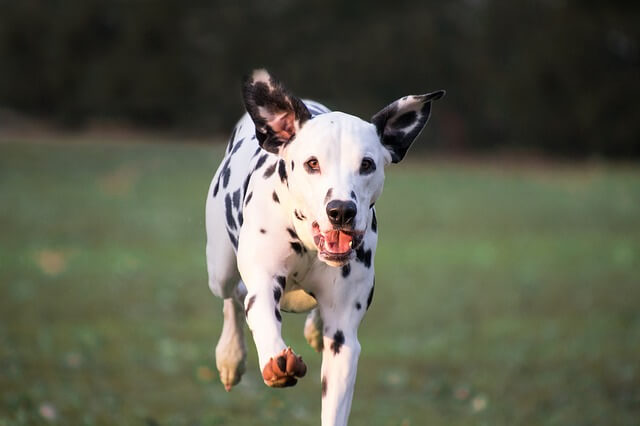
RELATED: Does Your Dog Have ADHD? Can Dogs Even Have ADHD?
Eye contact should be rewarded
Praise your dog if you notice they're looking at you or if they've chosen to be close to you of their own accord. Even using a lot of treats at first shouldn't worry you because you're teaching your dog a valuable lesson. Dogs that choose to stay close to you and pay attention to you need to know good things will happen.
Never punish a recall
Some dogs might take off, and you can't immediately get ahold of them, but you should still avoid punishing them. We completely understand you're annoyed that your dog took so long to comply. Still, you should always give praise for a successful recall.
Use motivating treats
When recall training, reward your dog with high-quality treats and toys. A dog's ability to retain information increases during their training period. Because you want your pup to associate recalling with a reward, provide them one whenever they come back.
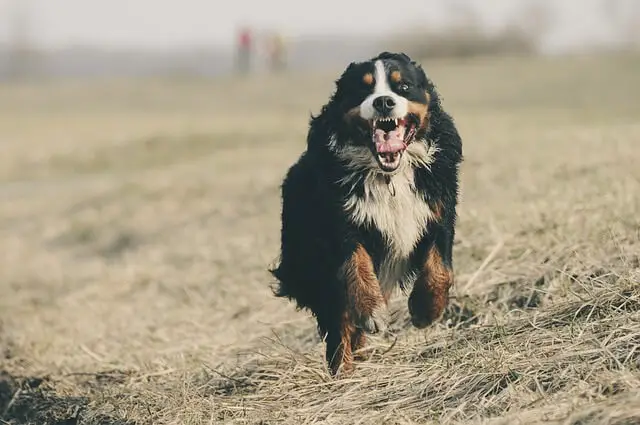
Continuity
Gradually increase the level of difficulty and the amount of distraction. If you move too quickly, your dog is likely to become confused and less reliable.
RELATED: Is Your Puppy Barking Constantly? Here's How to Stop it
In conclusion
No matter how desperate the situation, never chase your dog if you want to get them back. Chasing will drag you into a game you want to avoid playing with your dog. They will immediately think you're "fun" chasing them and move even further away from you. Instead of chasing after your dog, try running away from them.
World Dog Finder team





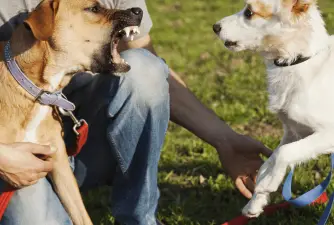

Share